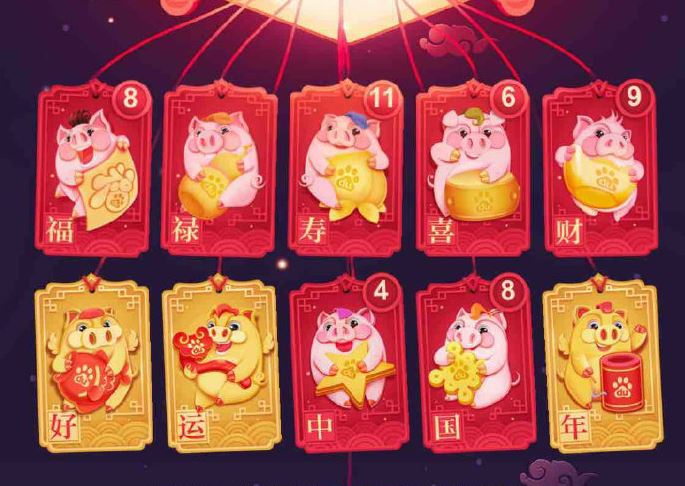Here are five facts about Baidu's first ‘red packet’ sponsorship of Chinese state broadcaster CCTV’s Spring Festival Gala, which an estimated 1.17 billion viewers watched last Monday (February 4).
1. On 17 January, Baidu officially announced its participation in this year's 4.6-hour Spring Festival Gala as an exclusive red packet sponsor. In recent years, the interactive red-envelope segments on CCTV's annual extravaganza has gradually become a staple activity the audience looks forward to. Other tech-related advertisers this year are: Douyin, Pinduoduo, Kuaishou, JD, Suning, Taobao, and Ke.com.
2. In the 1980s, the main sponsors of the gala were makers of watches, bicycles, and sewing machines. In the 1990s, it was the world of home appliances and Chinese liquor. When it came to the 2000s, home appliances, medicinal and FMCG brands dominated the show's advertising. Since 2015, the branded red-packet battle—a brand new sponsorship category then—became a fierce one between China's internet companies. In 2015, CCTV cooperated with WeChat and introduced digital red envelopes for the first time. In 2016 and 2017, the coveted spot went to Alipay. In 2018, Taobao was the lucky one to issue these cash prizes. Baidu is the last of the BAT companies to benefit from the CCTV variety show, known to be a super traffic magnet. The show achieved a Guinness World Records title in 2012 when it reached 498,659,000 viewers across the CCTV-1, 3 and 4 channels. Monday night saw a total of 1.17 billion viewers, according to CCTV.
3. Baidu's red-envelope sponsorship in 2019 lasted for eight days, culminating on the eve of Chinese New Year during the evening of the gala itself, with four rounds of gameplay. Baidu's theme for the various activities was 'The Lucky China Year'. The lead-up to the campaign was fraught with problems, with Baidu's campaign links on the powerful WeChat platform blocked unceremoniously. WeChat responded afterwards that Baidu’s tactics contained inducements and enticements that violated WeChat's rules.
4. In addition to the main Baidu mobile search engine, other Baidu properties such as iQiyi, Baidu Tieba, Baidu Drive, Baidu Map, Baidu Short Video, Baidu Lite were all touchpoints for consumers to grab their red packets. Baidu's daily active user count reportedly increased from 160 million to 300 million since the campaign began, according to company data.
5. In the end, Baidu recorded a total of 20.8 billion interactions after a total sum of RMB1.9 billion (US$282 million) was given out, to be fulfilled via its Baifubao third-party payment solution. Here's part of the breakdown: 10 million red envelopes of RMB20.19 (US$2.99) each, 100 red envelopes of RMB88 (US$13.05) each, 100,000 Baidu AI speakers, and 10,000 red envelopes of RMB2,019 (US$299) each.









